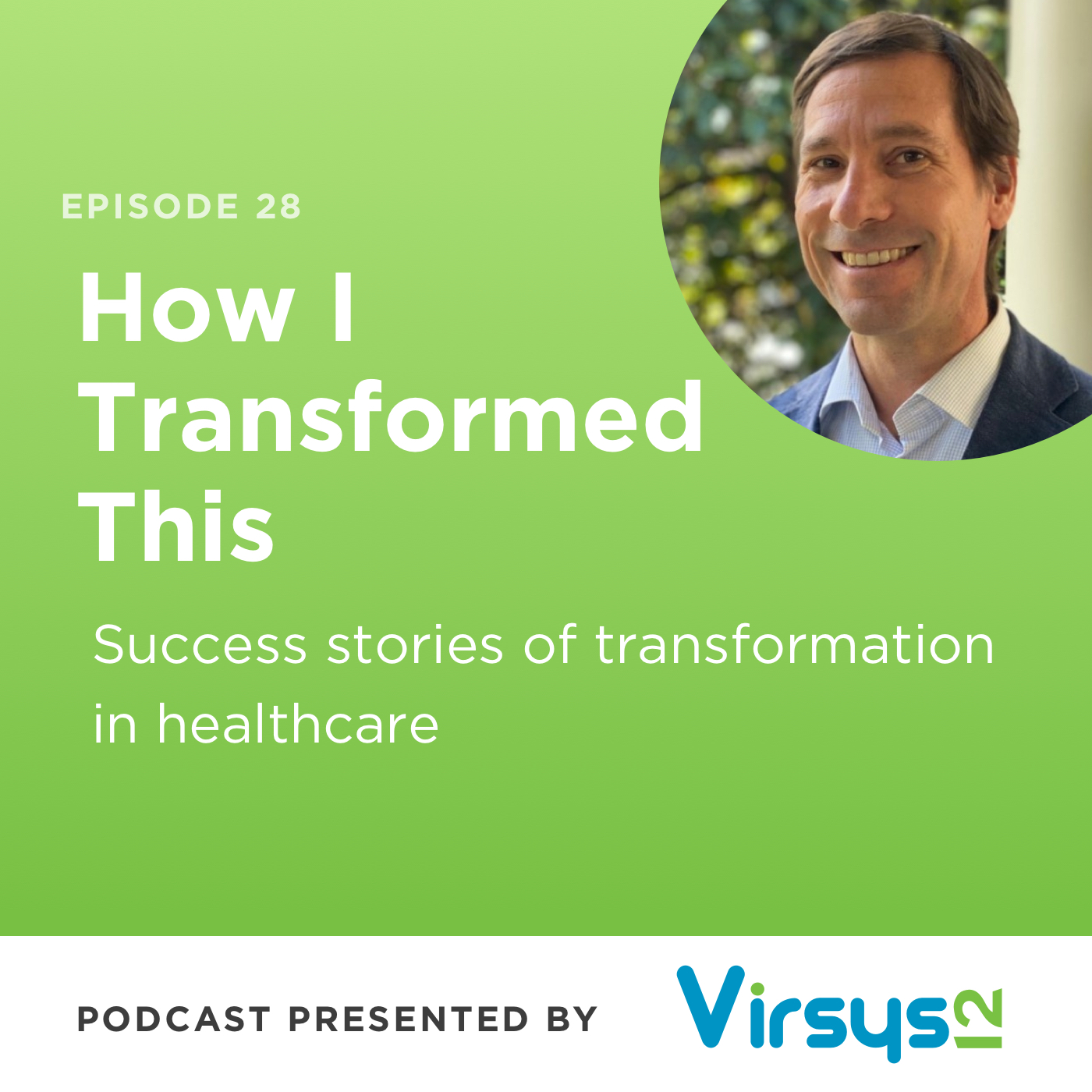Providing Local Context
When helping to create Ursa Health 6 years ago, Clarke primarily wanted to provide clinicians with more local context to help drive transformation. He’d looked for that context himself while working as a clinician and struggled to find it.
“It was that real gap there — not only developing data and analytics, but actually informing people, changing their behavior and helping them learn and improve — that led me to feel that if I could help solve that problem and bring a solution more broadly than in just one health system, I could have a real opportunity to accelerate and make successful all the innovation that’s happening across industry,” Clarke explained.
But even as he works on a larger scale, Clarke believes that healthcare is fundamentally local. This conviction drives many of Ursa’s solutions, which take innovations that clients have already developed and help them become more successful, instead of prescribing one specific system or process.
“Groups are looking for an opportunity to accelerate and augment their data teams, but they’re also not trying to outsource it to an external product,” Clarke shared. “They’d like to be able to solve it themselves, and indeed, in that way they’re going to be most successful at producing the innovation that they’ve designed and achieve any successes that they aim for.”
Equipping Partnerships to Succeed
As Clarke looks at the changing healthcare landscape, he recognizes that with more data exchanges and more partnerships than ever before, the industry needs more resources to support those partnerships.
When two organizations partner together, they often struggle with exchanging data in a secure way, using data to evaluate the partnership’s success and more.
“This frustration is leading to far fewer of these partnerships than is possible, and even the partnerships that are getting off the ground are touching far fewer patients and members than both sides would hope for,” Clarke shared.
To help address this, Ursa Health created a new feature that doesn’t only simplify the data exchange, but also helps organizations to set up contracts and implement their partnerships in an automated way.
Why Fragmentation Limits Transformation
Clarke believes that Ursa Health’s work matters, because when systems are less fragmented, patients will experience better outcomes and costs will decrease.
“I think we’re going to see a future where we’ve truly and authentically improved the quality of healthcare, made it less fragmented, made the experience for patients and families far more delightful, and reduced a lot of the waste that has existed in the system for decades,” he expressed.
Just as a general practitioner can handle certain health concerns and then refers patients to specialists when needed, Ursa’s solutions allow healthcare organizations to more easily partner together so that each can focus on the things they do best.
“My hope is that unlike with clinical medicine, where there’s quite a bit of fragmentation that exists and there’s not a lot of visibility that generalists have… that when it comes to these kind of population management innovations and these partnerships, where these health plans and full-risk providers delegate risk for a certain part of their population management, that there will be much better sharing of information.”
Subscribe to How I Transformed This wherever you get your podcasts, and be sure to sign up for our quarterly email newsletter to stay up to date on Virsys12’s latest transformational work.



